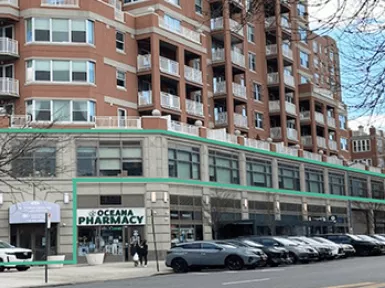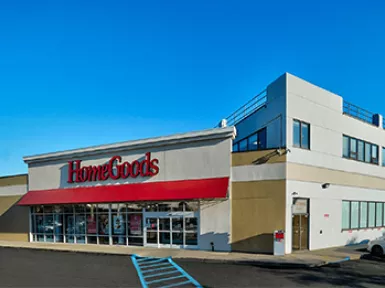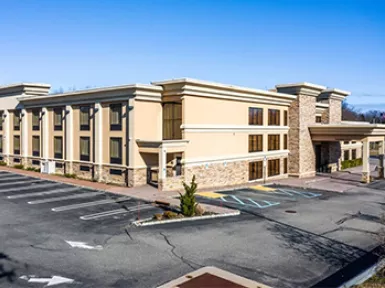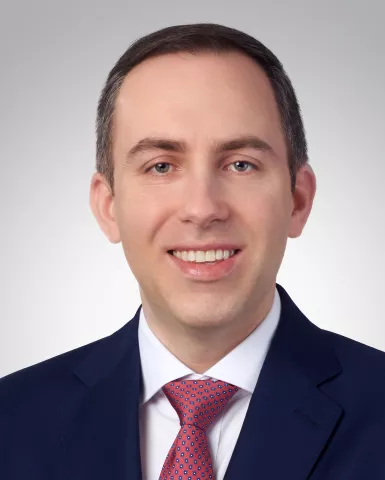New York NY [Ave of Americas]
875 Avenue of the Americas
Suite 1603
New York CIty, NY 10001
If you’re looking for commercial lending experts in New York City, Northmarq’s Manhattan team of skilled debt and equity professionals is here to help. Our team will provide you with tailored financing solutions that fit your unique needs. By leveraging our unmatched network of lending partners, we can arrange commercial real estate loans for any property type, from retail and healthcare to multifamily, industrial, and more. Additionally, we are a direct Fannie Mae, Freddie Mac, and FHA/HUD lender. Whether you need a creative solution or more traditional financing for an individual asset or portfolio, Northmarq has you covered. We work with all investor groups including individuals, developers, and institutional owners, and our team is equipped to assist you. Ready to get started? Contact us today!





